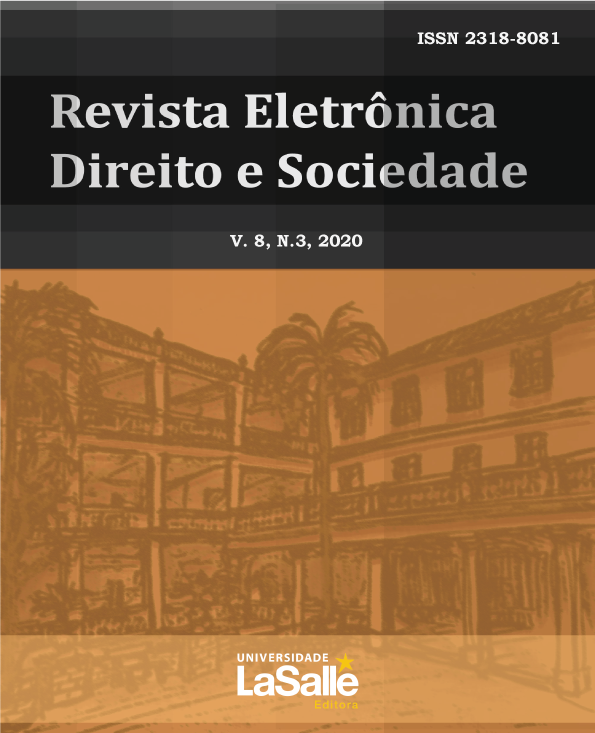National development and employment: labor law reform and job creation in Brazil
DOI:
https://doi.org/10.18316/redes.v8i3.6447Keywords:
Development, Employment, Labor Law Reform, Precariousness. Informality.Abstract
The present article aims to determine if the high unemployment rates in Brazil can be attributed to the excess of rights granted to workers by labor norms. The analysis departs from the entry into force of Law n. 13.467, in 11/11/2017, which altered various labor norms, under the justification that it would foster the creation of formal jobs and advance the economy. In order to reach this objective, after a brief analysis of the importance of work for national development and its constitutional protection, the article analyses official statistical data pertaining to periods before and after the legislative change. According to the data provided, it aims to answer if the labor law reform caused greater precariousness of labor and generated new formal jobs in Brazil. The methodology applied is bibliographical research concerning relevant books and journals as well as the analysis of databases and reports produced by government agencies such as the “Instituto Brasileiro de Geografia e Estatística – IBGE” and the “Instituto de Pesquisa Econômica Aplicada – IPEA”.Downloads
Published
Issue
Section
License
Authors who submit their manuscripts for publication in the “REDES” Magazine agree to the following terms:
The authors claim to be aware that they retain copyright by giving “REDES” the right to publish.
The authors declare to be aware that the work submitted will be licensed under the Creative Commons Non-Commercial Attribution License which allows article sharing with acknowledgment of authorship and publication in this journal.
The authors declare to be aware that by virtue of the articles published in this journal have free public access.
The authors declare, under the penalty of the law, that the text is unpublished and original and that they are aware that plagiarism has been identified, plagiarized authors will be informed - willingly, to take legal action in the civil and criminal sphere - and, plagiarists will have their access to the magazine blocked.
The authors state that - in case of co-authoring - all contributed significantly to the research.
Authors are obliged to provide retractions and (or) corrections of errors in case of detection.
The authors are obliged not to publish the text submitted to “REDES” in another electronic journal (or not).
The Electronic Journal Law and Society - REDES - is licensed under a Creative Commons License. Attribution-NonCommercial 4.0 International.Based on work available at "http://revistas.unilasalle.edu.br/index.php/redes/about/submissions#copyrightNotice".
Permissions in addition to those granted under this license may be available at http://creativecommons.org/.

